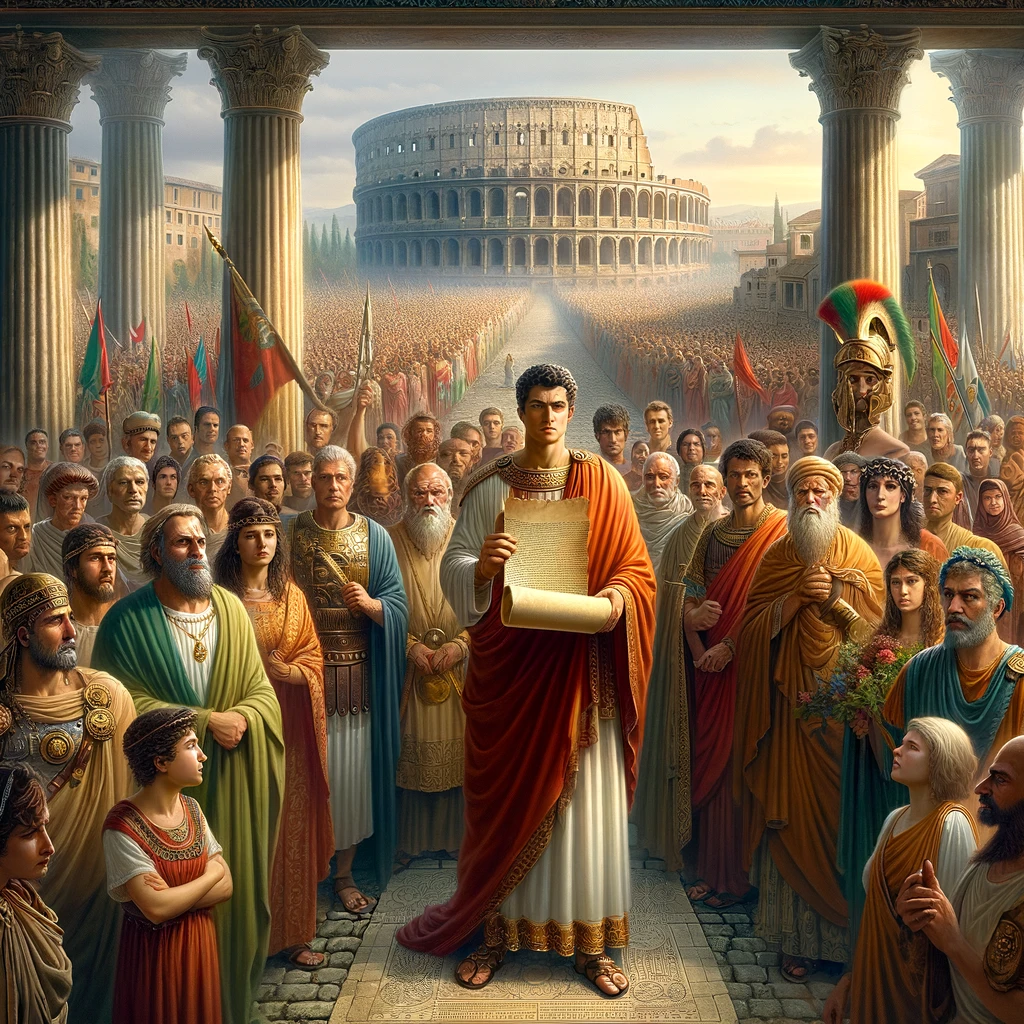AD 1 || Augustus Reigns Over Rome
In the annals of history, few leaders have left as indelible a mark as Emperor Augustus. His reign over ancient Rome transformed the city into a powerhouse of cultural, political, and military might. As the first Emperor of Rome, Augustus ushered in an era of stability and prosperity that would endure for centuries. Under Augustus's rule, Rome e...
